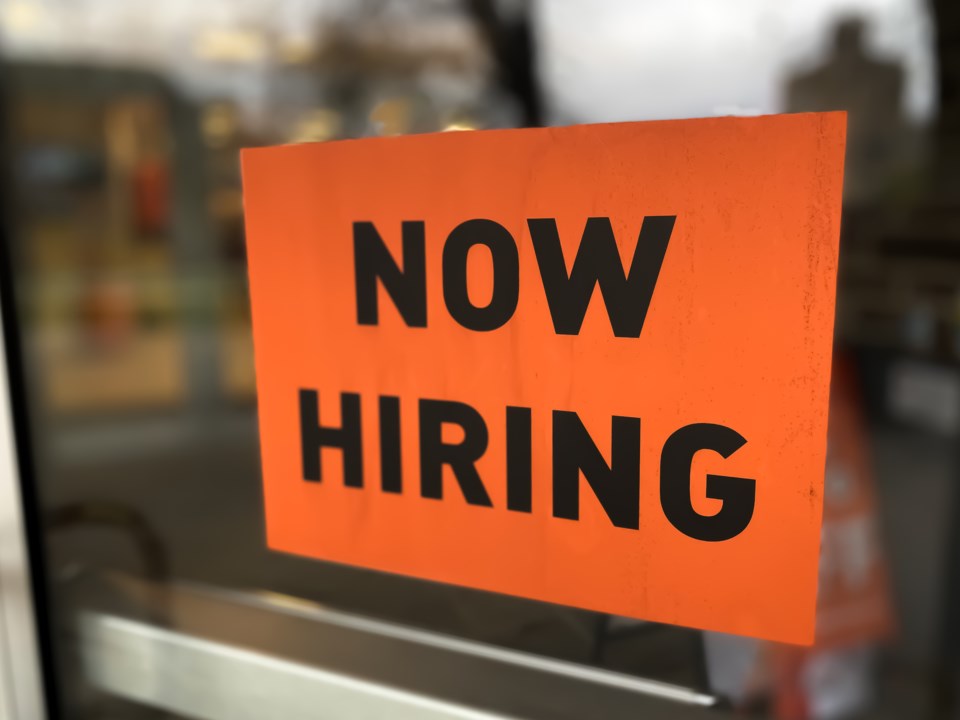The Boulder Area Labor Council is advocating for a $25 minimum wage by 2028, the organization’s president Geof Cahoon announced during a news conference last week.
The labor council is working with the county, businesses and cities to enact the first increase in the county by Jan. 1, 2024.
“We are going to base this on a self-sustaining wage to make sure that all workers live in dignity in Boulder County, and are not scrapping for table scraps,” Cahoon said.
In order to enact the $25 minimum wage by 2028, the labor council will work with the county’s business community over the next five years, he said.
In 2019, Boulder County supported HB19-1210, legislation that allows municipalities to set their own minimum wage above the state minimum wage. The bill passed, so it’s important that Boulder County consult with its cities and businesses for a regional approach to any minimum wage changes, said Gloria Handyside, spokesperson for the Boulder County commissioners.
“We are in the beginning phases of having conversations with regional partners about a regional minimum wage and we will build off the discussions that were held at the Consortium of Cities last year,” Handyside said in a statement. “Initial discussions have touched on a community engagement process and more information will be made available to the public in the future.”
If the county acted unilaterally, it would only be able to enact a minimum wage for its unincorporated areas.
Colorado’s current minimum wage is $13.65, and the federal minimum wage is $7.25.
Scott Cook, chief executive officer of the Longmont Chamber of Commerce, said he looks forward to discussions with Boulder County on the minimum wage.
“We’ve been told that chambers will be invited to the conversation to share their thoughts from the business community,” Cook said. “Currently we do not have a formal position, as we will need to see details of the plan and a proposed amount.”
Record-low unemployment has caused many business owners to increase their wages “as much as they possibly can to attract and retain staff,” Cook explained.
“From talking with many business owners, I can say that if they could pay more, they would be doing just that,” he said. “We’ve seen dramatic cost increases in almost all areas — including rent, food, fuel — this often impacts our most vulnerable residents disproportionately, but it also has a great impact on employers, including our small independent employers — many of whom have significant economic stresses as well. A solution that will help both I believe will be a challenge, but we are hopeful for that solution in the conversations.”



